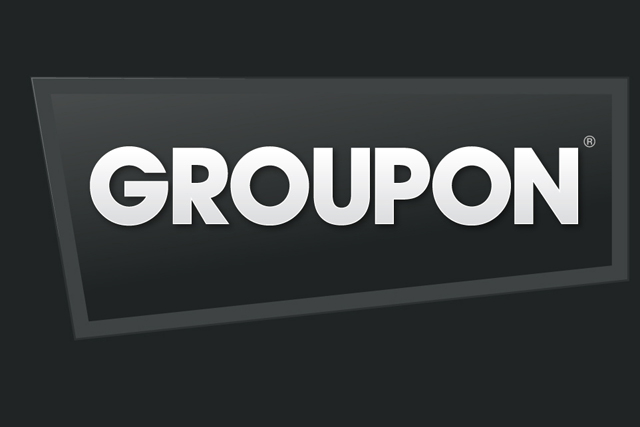
When deal-of-the-day website Groupon filed for an initial public offering this month, with plans to raise $750m (£462m), its valuation sent shockwaves through the industry. Having already raised $1bn in financing this year, the valuation suggests a $15bn price tag.
Groupon's growth is impressive. Built on the proposition of group buying, the international operation works with local businesses to offer discounts on services and products, as long as enough consumers buy the deal.
In just two years it has become a company with 7000 staff, offering more than 1000 daily deals to its 83m subscribers in 43 countries.
However, many analysts fear its 'aggressive' growth is unsustainable, and argue that Groupon should have taken Google's $6bn offer in December.
In 2010, the company's revenues were $713.4m; in the first quarter of this year, sales have been $644.7m.
Huge marketing expenses, plus the fact that brands have been deterred by Groupon's margins, raise questions about the viability of such a model.
Groupon also faces competition, not only from direct rivals such as LivingSocial, but also from online giants such as Google and Facebook, which are trialling deals.
Can Groupon live up to its valuation and stave off competition from internet heavyweights? We asked Ottokar Rosenberger, country manager for dating brand eHarmony, and Martin Brooks, partner at Digital Commercial, a Work Club Group company.
Ottokar Rosenberger country manager, eHarmony.co.uk
Groupon's extraordinary margins move even the most battle-hardened venture capitalists. However, its market dominance may be short-lived, as competitors will erode its margins by copying the 'daily deals' business model.
With no network effects to cement its position, it is hard to see how Groupon can sustain growth unless it innovates. The mighty Facebook and Google could emulate its business model tomorrow.
Many retailers have tested whether they can achieve a boost to profits by mass discounting. However, independent research suggests this strategy is difficult because of the enormous slug of margin that Groupon gobbles up. Moreover, for some brand managers, there is a realisation that the wins they may gain are potentially lost by the damage done to their brand's value.
Groupon may be dealing with price-driven consumers, but it cannot afford to overlook that they also demand a good experience. Yet these mass offers mean that on many occasions, Groupon and its deal partner fall short of basic customer-service levels.
REMEDY
- Become a sales channel for quality brands. Developing trial mechanisms and sample opportunities that stimulate repeat purchase would attract users other than bargain-hunters.
- Focus on customer care. Combat 'Groupon fatigue' by creating a loyal group of valuable consumers. First-class customer service can provide real differentiation.
- Move beyond 'daily deals' to engage users with brands, rather than giving them a sense of 'winning'. Use social media for deeper engagement and data to personalise deals.
MARTIN BROOKS PARTNER, DIGITAL COMMERCIAL
This is a bit like an athlete being told to see the medic just before he goes on to win the marathon in spectacular style.
By our reckoning, it costs Groupon about $6 to acquire a customer. As it usually makes more than that on their first purchase, it could easily be profitable this quarter or the next, if it wanted to.
However, that's not the strategy. Groupon wants world domination, so it is spending - and losing - a fortune to win everywhere.
Facebook and Google are threats, but that concern misses the point. Those competitors will scoop up big names such as Gap, but Groupon will be the global winner by cornering super-local SMEs in every market.
This is its mission and it is being done with dedication and professionalism - hence its recruitment of thousands of people worldwide to write engaging offers with a clear copy tone, rather than just bashing out coupons.
Google has turned its hand to hundreds of businesses, but only the core product makes money.
REMEDY
- Continued differentiation, service and innovation. There are already 200 copycat Groupons in the US alone. It needs to stay in front by offering by far the best customer experience and service. This is how Facebook, iTunes and Google achieved the scale that blocked their competitors.
- Better investor relations. Groupon is not doing anything that needs serious fixing. Most of the fuss is from jittery investors, fixated on another Google-style killing. Management has done a good job of explaining the strategy and numbers, but with an IPO, you need to say it over and over again.

